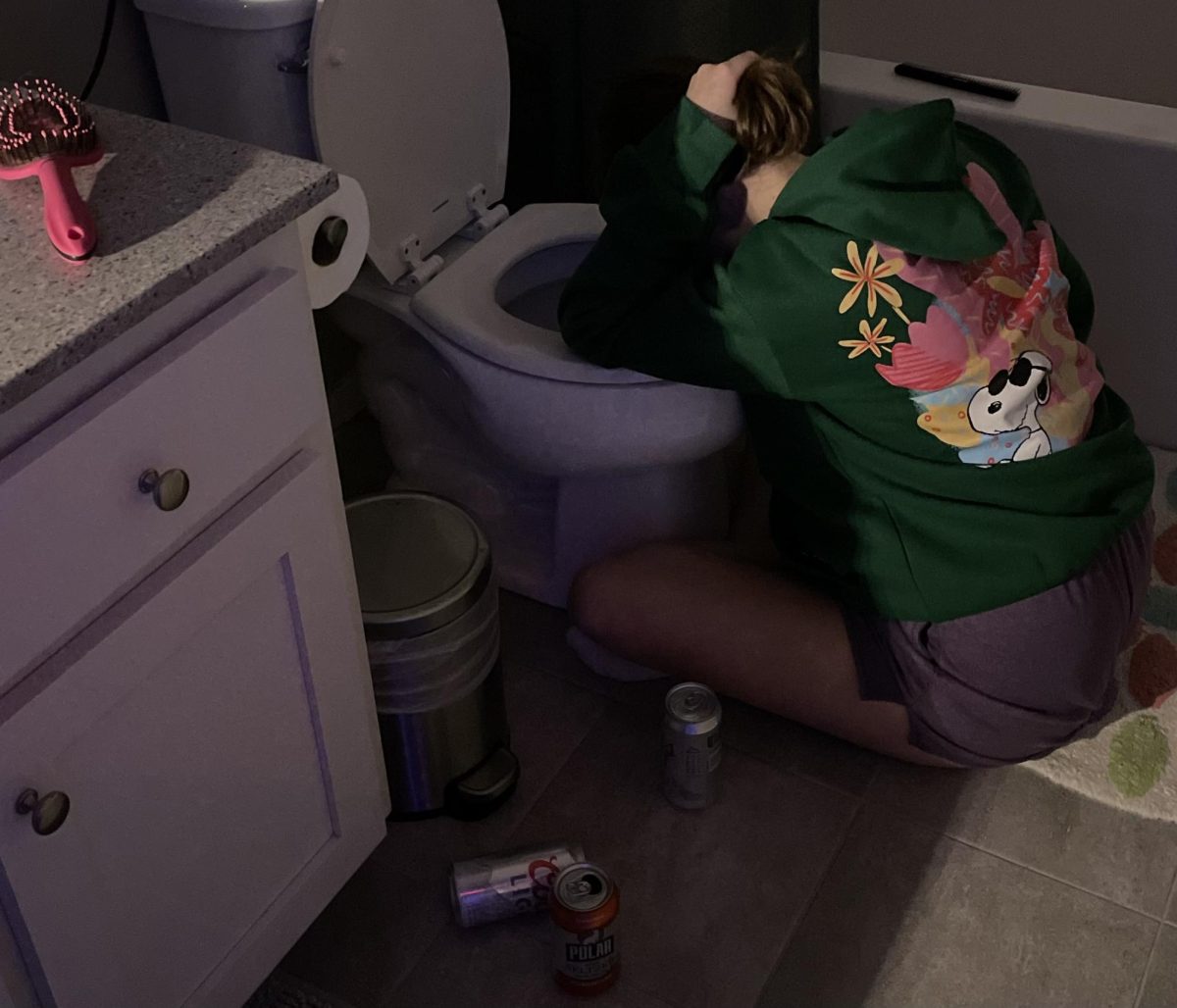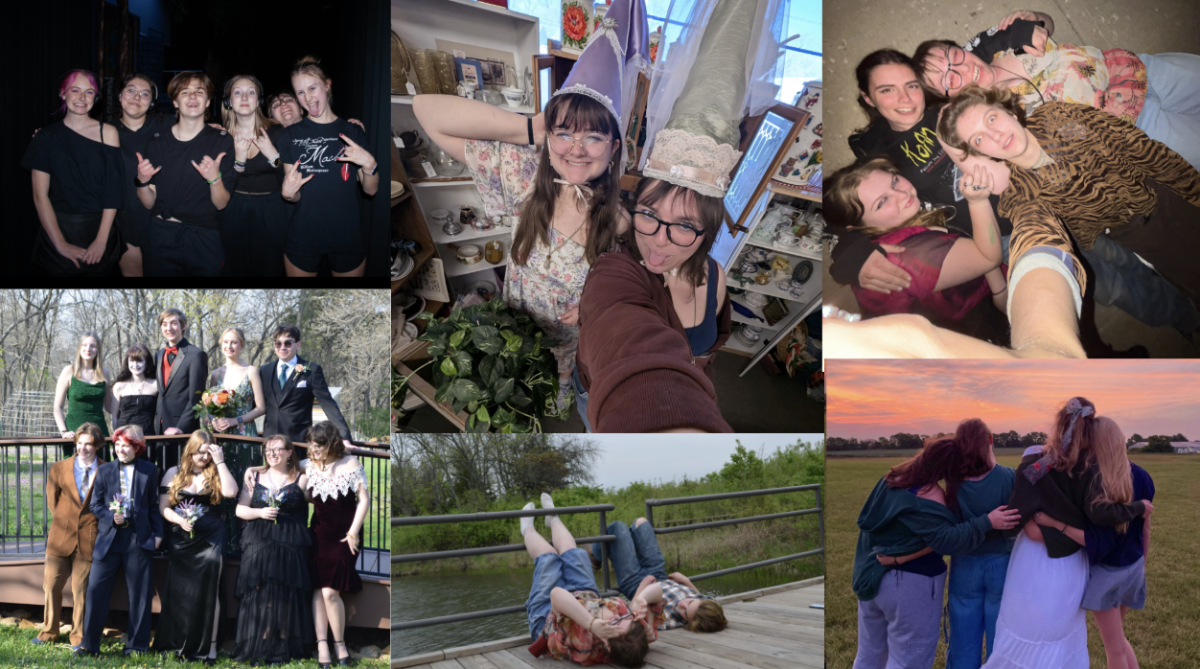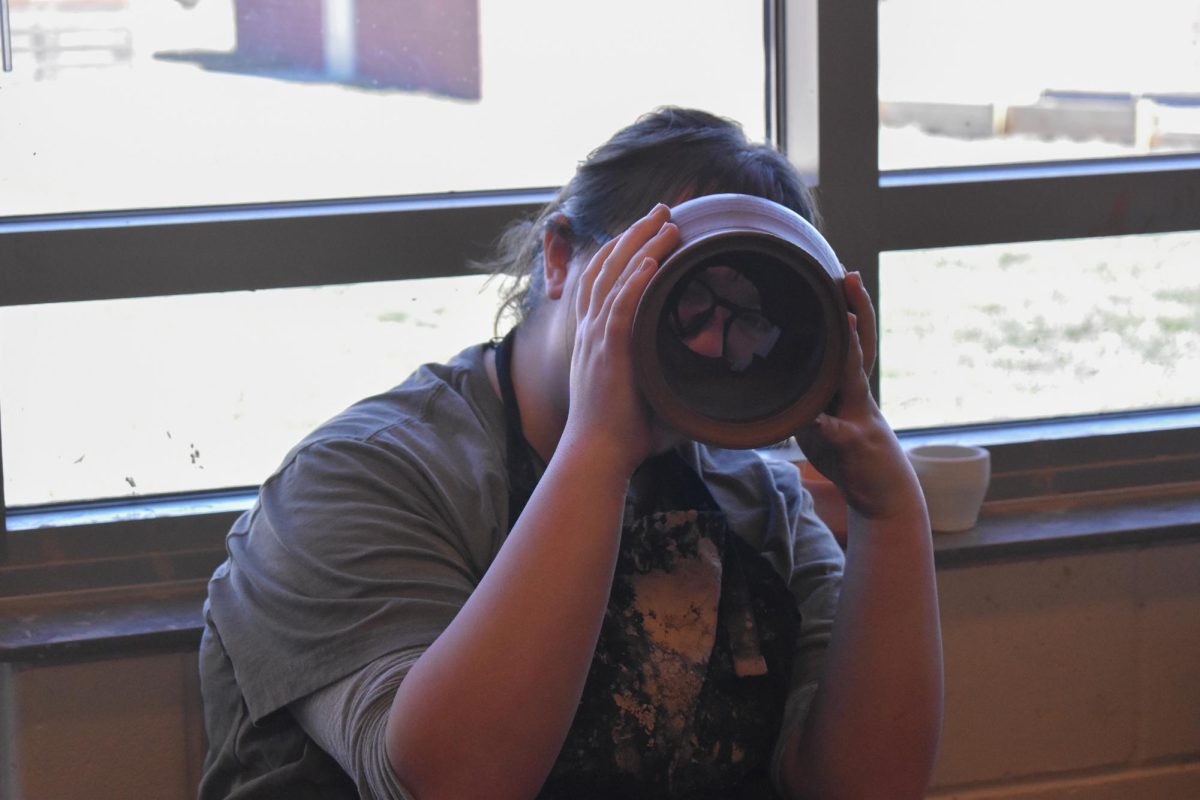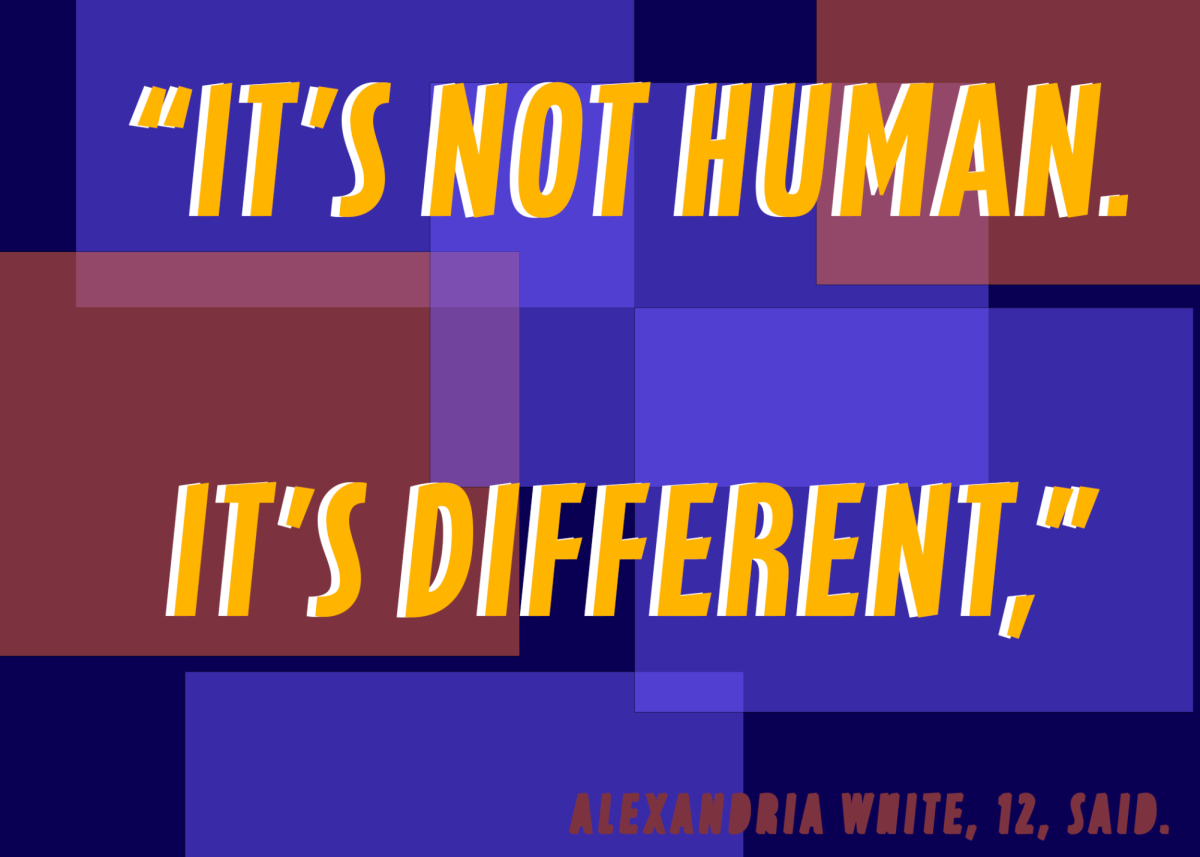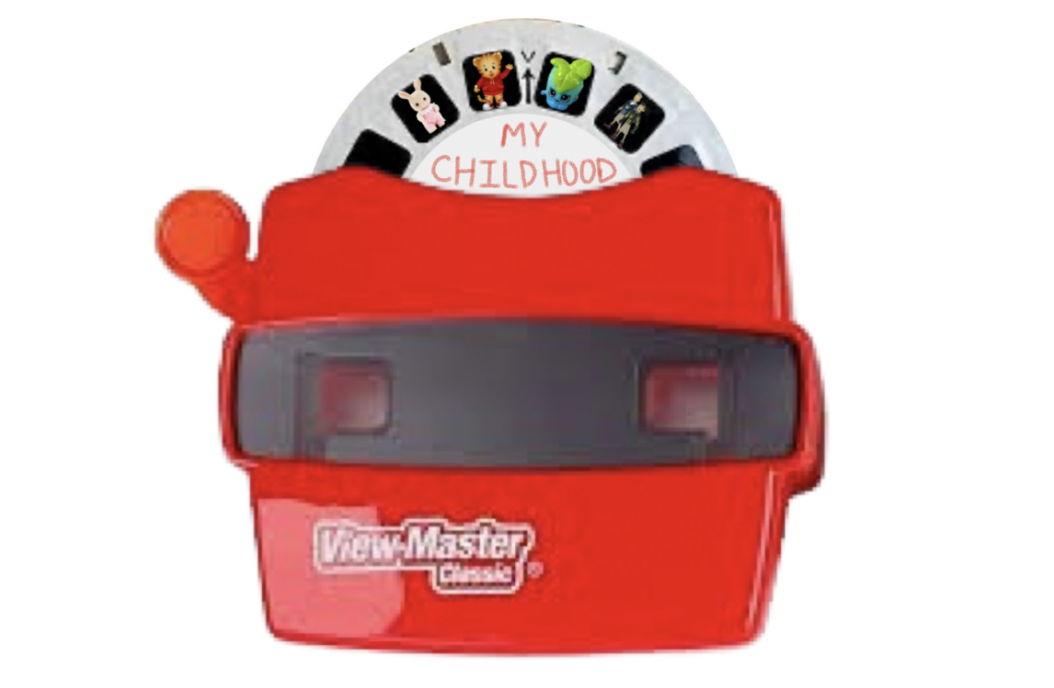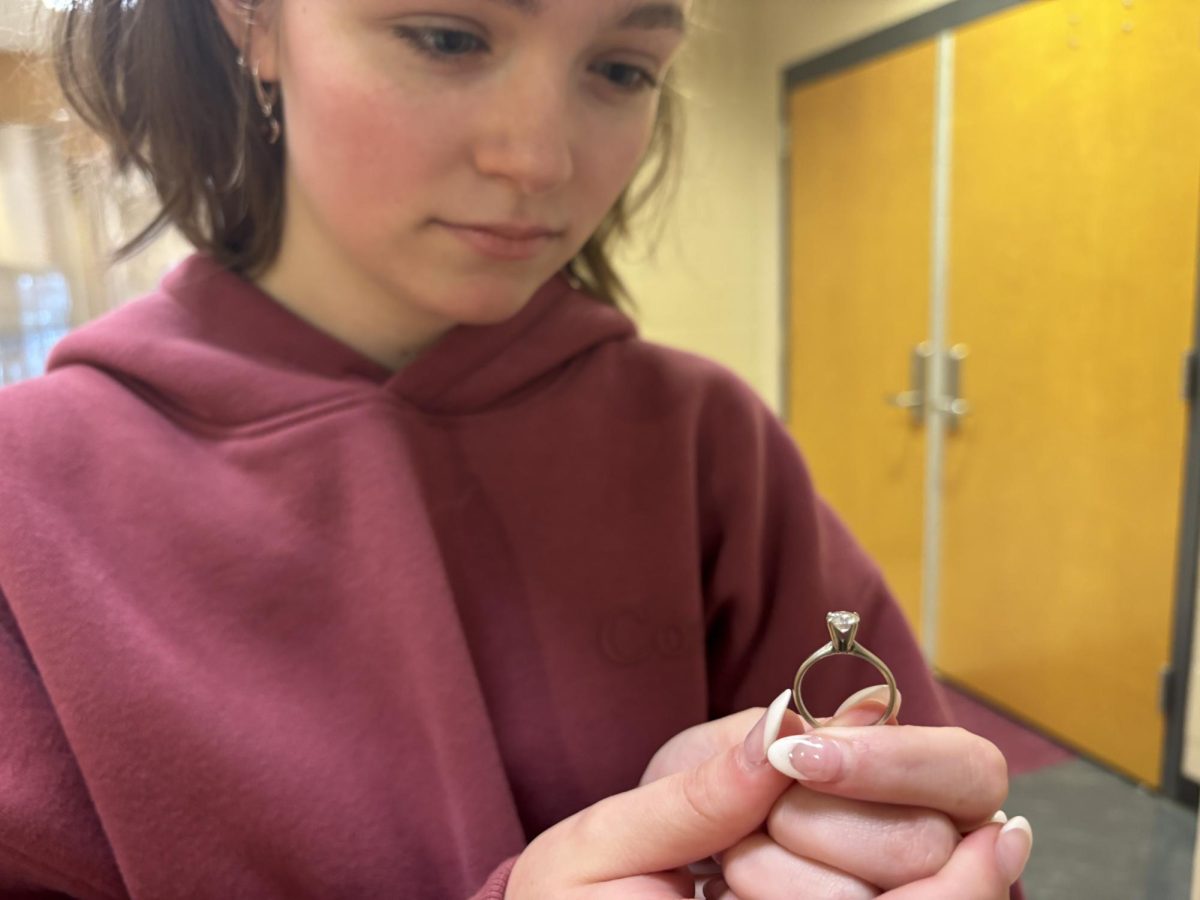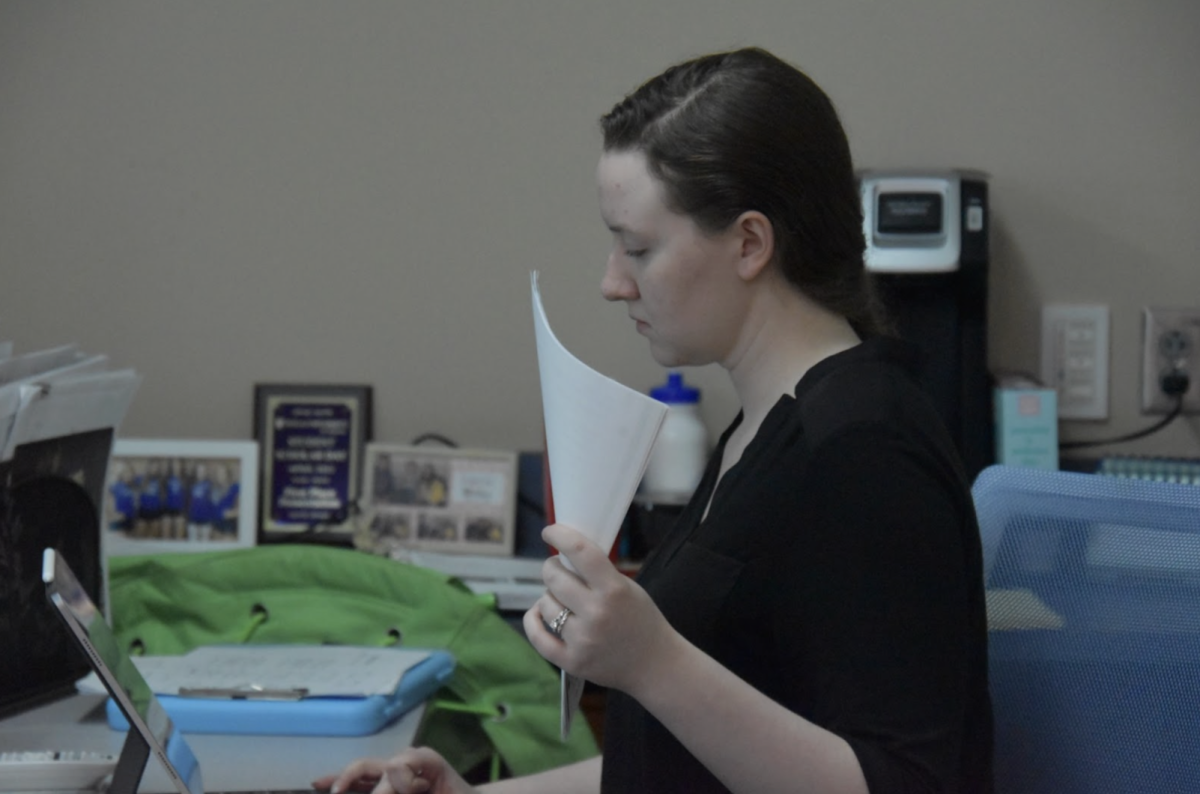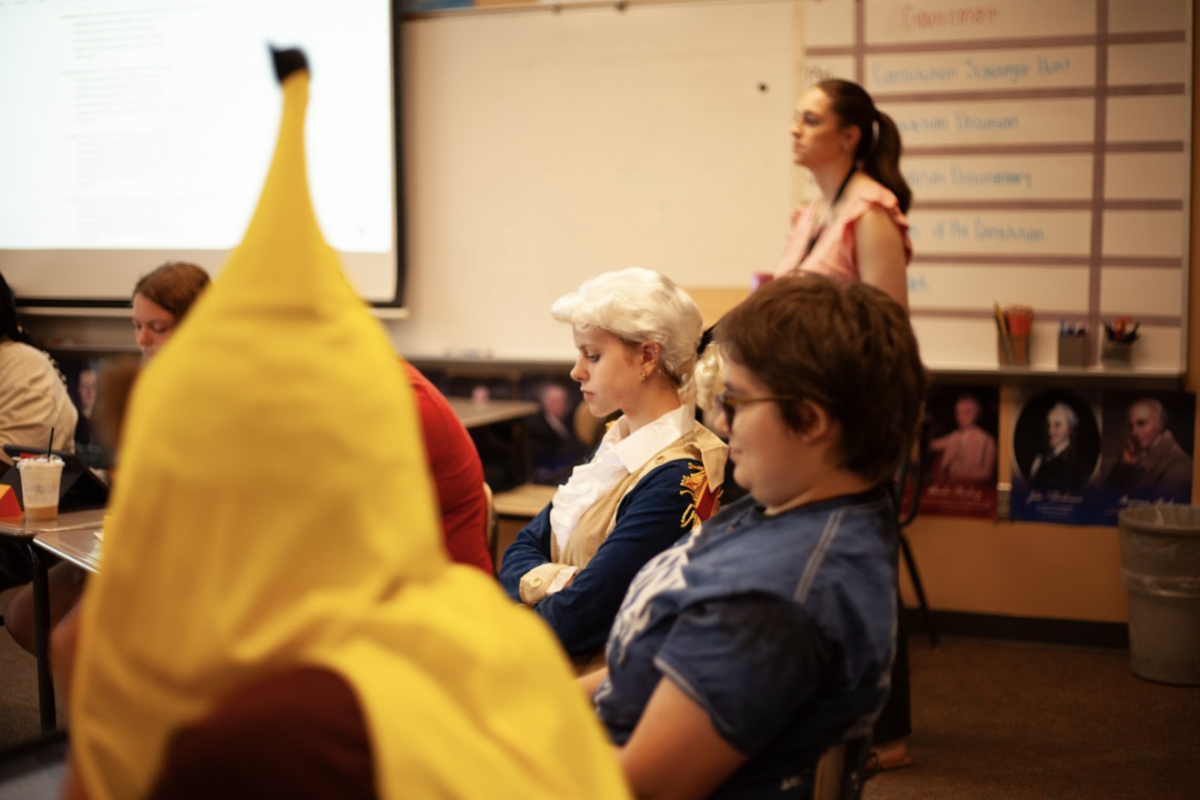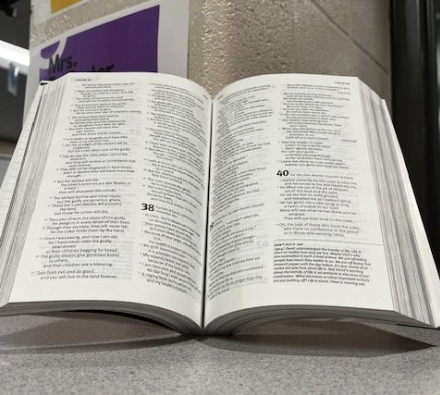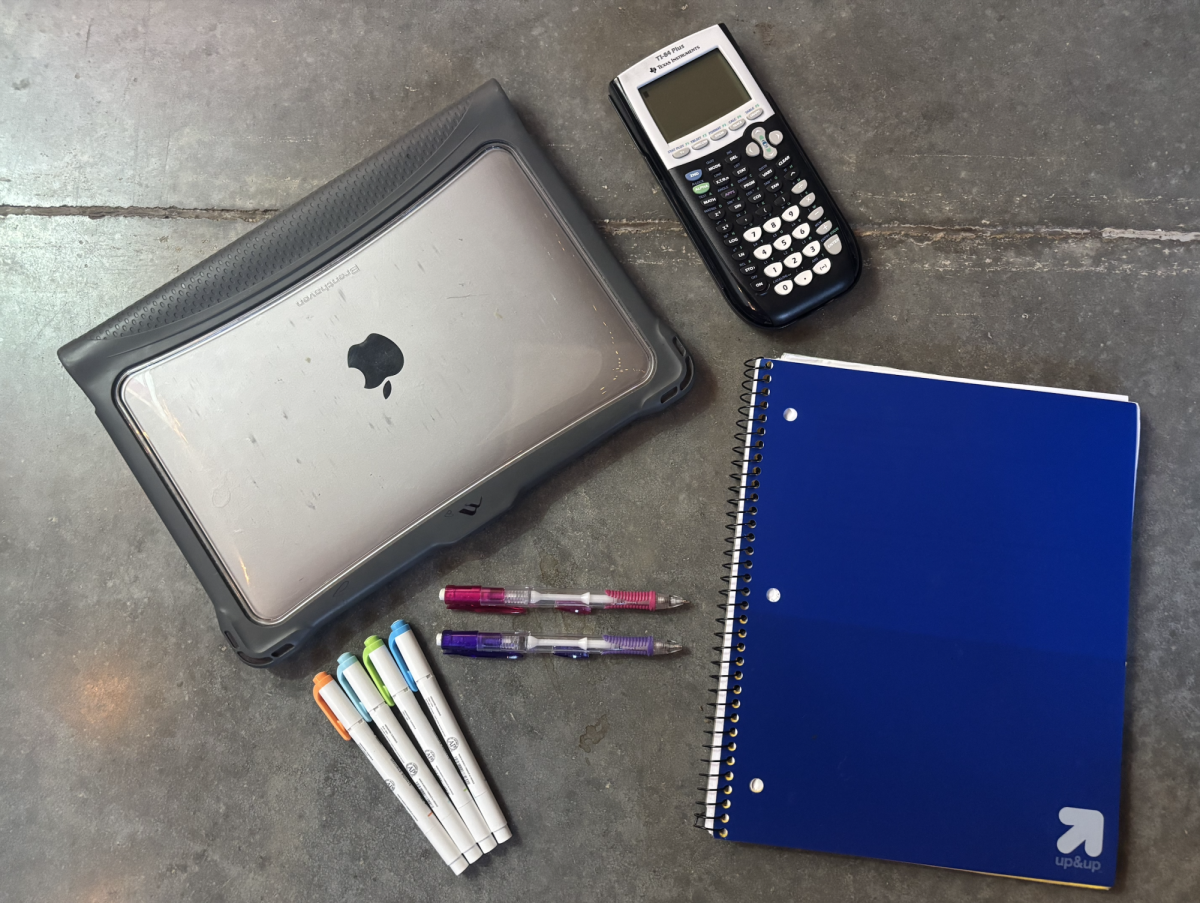Yelling. The nauseating smell of alcohol. Dramatic mood swings. The crash of their fist into a wall. Fidgeting hands as they lie through their teeth. This is the draining reality for those who live with or love an alcoholic.
“I have a few people in my family who are alcoholics or who were and recovered,” Abigail Richeson, 10, said. “It can affect a lot of things, like relationships, and it can change how they act which affects things between [different] people. [It can make someone] take on more of a mature role or parental role in some of those relationships, which can be really hard.”
It is common for young kids to not realize if their parents are alcoholics especially if the behavior issues that come with alcohol abuse are normalized within the household.
“When you grow up with [alcoholics,] it’s just kind of one of those things you know and think ‘This is normal.’ But then, the realization for me was me going to a friend’s house, and no one in her family acted that way… [it made me think,] ‘Oh. That’s just how my family works,’” Richeson said.

Alcoholism could strain relationships, especially with those who are kids are supposed to look up to.
“Currently, my father is an alcoholic, and it has always posed difficulties [in] my relationship with him and throughout the family…. You ever know what mood he is going to be in, so it causes tension in the house,” Mikayla Duncan, 12, said. “Growing up, it was always angry, and there was always yelling and lots of holes put into the wall. [His alcoholism] definitely made me an angrier person because it made me realize that, in my household, if you keep pushing, eventually you will get an outcome. Everyone processed things with anger, so it made me assume that that was the only way to process things.”
Alcoholism is not one size fits all. There are so many different types of people who experience different types of alcohol abuse.
“[My uncle] has very long been a functional alcoholic. He was not somebody who is homeless…or unemployed; he maintained a job. He had a family, wife, and house. But he, [for a long time], had a problem with alcoholism. My uncle worked with St. Thomas Aquinas. He was a very involved Catholic… people would describe him as an amazing person who did so much for the catholic church, and no one knows that he effectively drank himself to death,” Jackson Alex, science teacher, said.
Kids are incredibly impressionable, so growing up where addiction is prevalent is really harmful.
“Now, I see my [uncle’s kids] struggling with addiction… they all have this unhealthy relationship with alcohol in a social setting. You can see the difference with my father and my uncle; my siblings and my cousins. None of [my siblings] struggle with alcoholism,” Alex said.
Even as an adult, it can be hard to watch a loved one go through such an aggressive addiction.
“A friend of mine, who is the same age as me, is an alcoholic. We didn’t really realize that it was a problem until he lost his job… he was just home all the time, and suddenly [I thought], ‘Oh, he’s drinking a lot. Oh, he is drinking like A LOT a lot,’” Sydney Katz, art teacher, said. “It was [about] a year that he didn’t have a job because he was so engrossed in his alcoholism, to the point where [we went on vacation with him for a weekend] and he was trashed the entire time. It was unfortunate to watch [it] happen.”
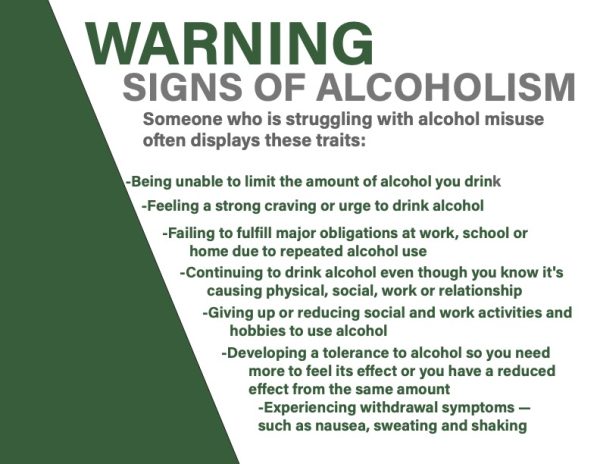
By normalizing the talk around addiction recovery, help could be given to those who need it most. However, for the sake of the addicted and all those who love them, the addiction itself must remain a concern.
“If [my dad] were around more people that have gone through sobriety and built a community of people who have gone through it and experienced good things from it, I truly believe that he would push to get better,” Duncan said.
Breaking the cycle of addiction and getting the proper help is so important especially for the young and impressionable. Keeping an eye on loved ones and realizing what behaviors are related to alcoholism could save someone’s life.


